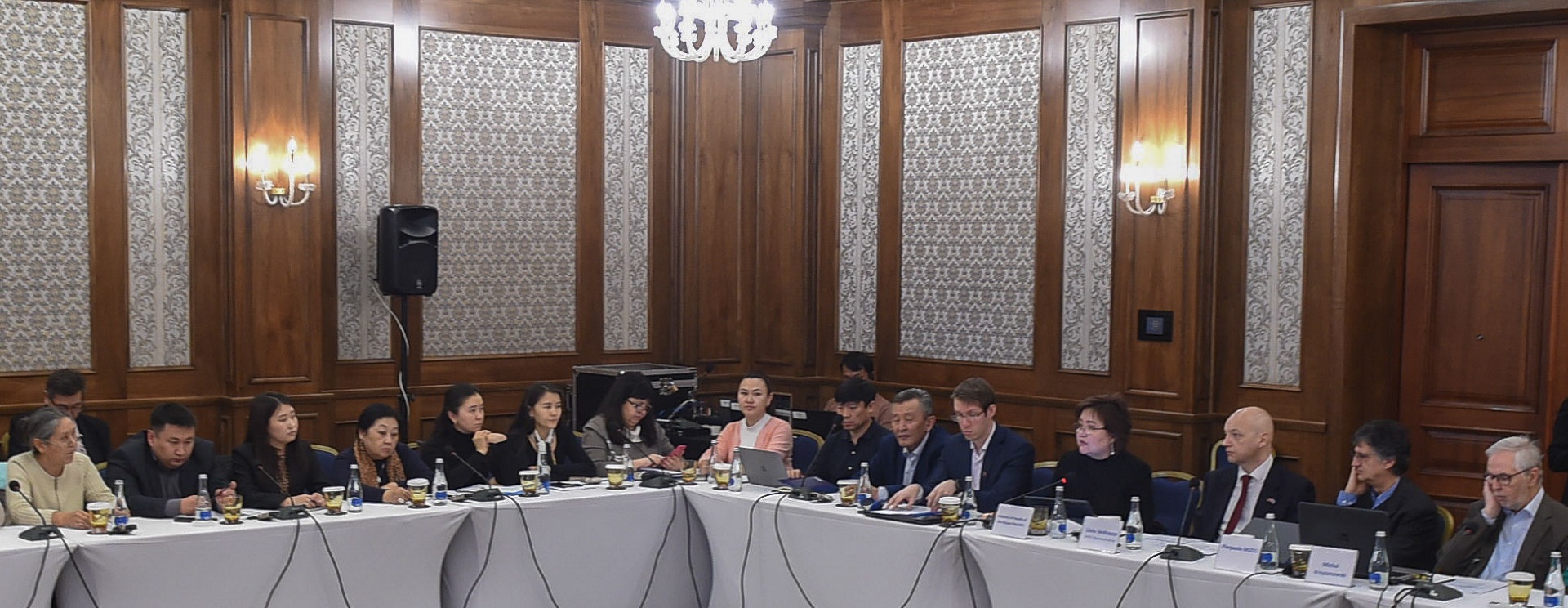Highlights
01-02-2024
Thirty environmental and public health experts from agencies and ministries of Kazakhstan and Kyrgyzstan attended the training workshop in person to increase awareness and knowledge of the adverse health effects of air pollution and improve their ability to assess the related health risks.
Participants learned about data availability and quality, examples of air quality studies in Kazakhstan and Kyrgyzstan, the estimation of long- and short-term health effects of air pollution and the WHO air quality guidelines. They also learned about ongoing projects in the 2 countries that use health risks assessment of air pollution from representatives of the United Nations Environment Programme and the Asian Development Bank.
“We assisted participants in extensively using the methods, models and concepts in practice, utilizing local health and air quality data and the WHO/Europe’s AirQ+ software tool to produce assessments for their countries,” said Pierpaolo Mudu, Technical Officer at the WHO European Centre for Environment and Health. “Results from this practice are expected to stimulate and support the development of public health and environmental policies to reduce the health burden of air pollution in Kazakhstan and Kyrgyzstan.”
Group discussion and hands-on exercises were encouraged, in particular, on ways to reduce the health impacts of air pollution and the role of the environment and health sector. Discussion on policy and communication aspects concluded the training.

Event announcement
04-12-2023
Air pollution in both Kazakhstan and Kyrgyzstan is estimated to significantly exceed the recommended WHO air quality guidelines value for PM2.5, resulting in a relevant proportion of the total mortality attributable to this exposure. National capacity to assess the health effects of air pollution is fundamental when developing interventions and monitoring their effectiveness.
This 5-day training workshop, organized by the WHO Country Office in Kyrgyzstan with support from the WHO European Centre for Environment and Health, aims to strengthen the capacity of environmental and public health experts from Kazakhstan and Kyrgyzstan to assess the health risks of air pollution. It is based on a comprehensive curriculum developed by WHO/Europe on assessing the health risks of air pollution. The curriculum also covers the use of AirQ+, a software tool developed by WHO/Europe that quantifies the health impacts of air pollution in a population. AirQ+ supports experts, policy-makers and stakeholders from health and other sectors at local and national level in assessing the health risks associated with air pollution concentrations and comparing scenarios.
The training is part of the implementation of the Roadmap for Health and Well-being in Central Asia 2022–2025 and follows the WHO Science and Policy Dialogue for air quality and health that was held in Bishkek, Kyrgyzstan, on 14–15 December 2022. The dialogue, attended by representatives from several sectors, national and local authorities, acknowledged that air pollution in Kyrgyzstan is an important public health issue to be tackled urgently, and marked the start of a close collaboration between the Ministry of Health of Kyrgyzstan and WHO to improve air quality and health.




